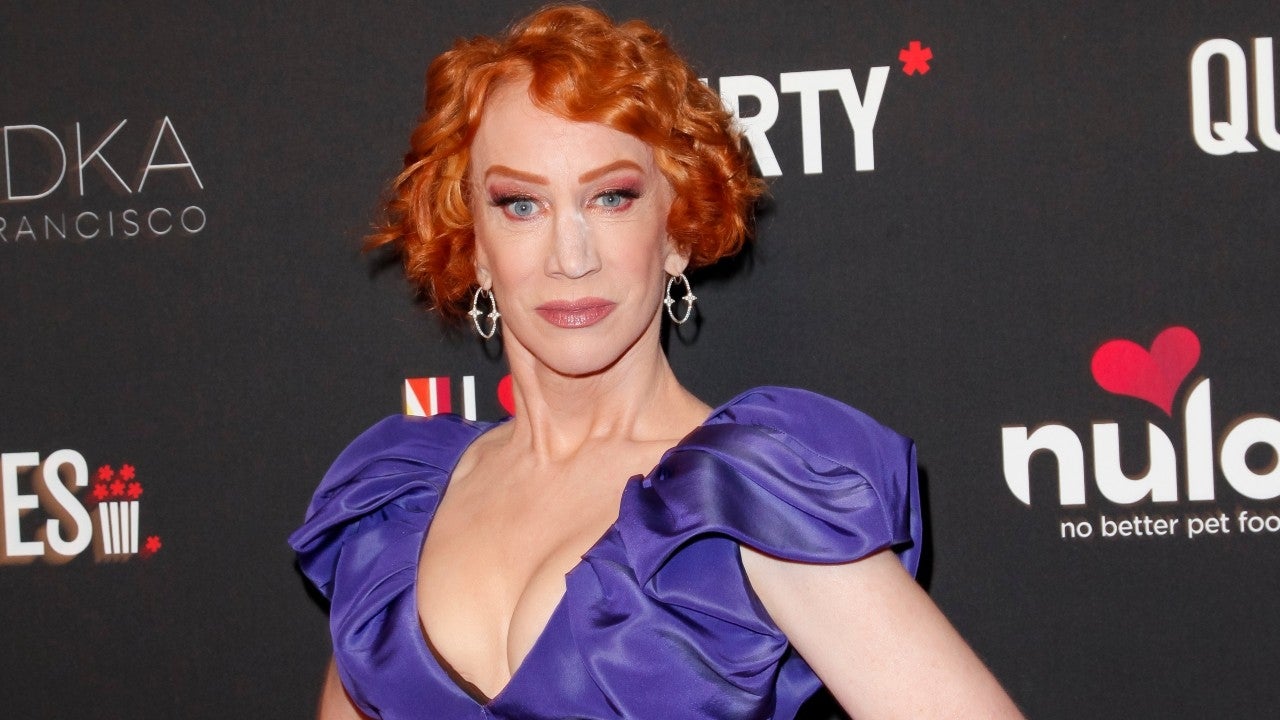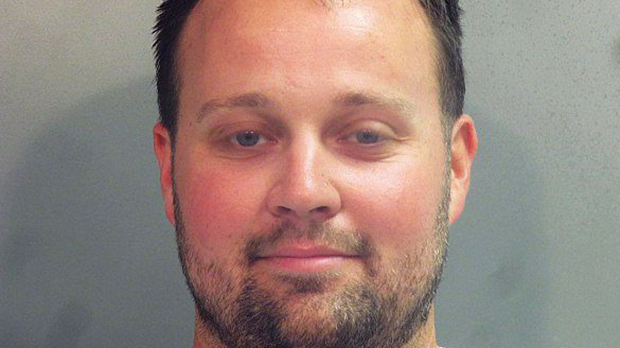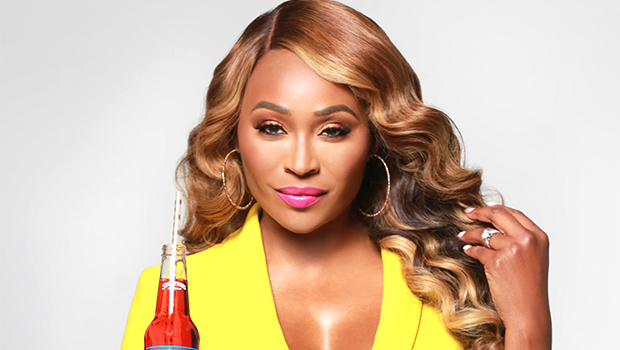Sophia Clark’s “I Am Who I Say I Am” Docuseries Celebrates Gender Affirmation & Intersectionality
Leading up to Transgender Awareness Week, Black Public Media (BPM) has released “I Am Who I Say I Am,” a docuseries capturing feel-good stories about gender affirmation. Sophia Clark (“First Person PBS”) directs the three-part short film series that...


Sophia Clark’s “I Am Who I Say I Am” Docuseries Celebrates Gender Affirmation & Intersectionality
"I Am Who I Say I Am"Leading up to Transgender Awareness Week, Black Public Media (BPM) has released “I Am Who I Say I Am,” a docuseries capturing feel-good stories about gender affirmation. Sophia Clark (“First Person PBS”) directs the three-part short film series that is now available on BPM’s YouTube channel and social media pages.
Part of BPM’s BE HEARD! social media campaign, “I Am Who I Say I Am” follows three different subjects as they discuss the importance of honoring preferred pronouns and of engaging in open, compassionate dialogue about gender.
“‘I Am Who I Say I Am’ aims to begin the process of changing hearts by first changing our habits, based on the fundamental belief that most people want to embrace and understand others, their differences and their potential to contribute to the greater good,” Clark explained in a press release.. They added that “these films are for anyone striving to open their mind beyond the binary.”
“How to Learn Someone’s Pronouns” features Janelle “Jei” Lawrence, a multidisciplinary artist and educator. In the short, Lawrence discusses the need to use gender-affirming pronouns in a professional setting: “Even if you’re thinking about me, [I want you] to be thinking about me with the right pronouns,” they explain in a trailer for the docuseries.
“Discussing Gender Identity with Family” follows mother-son duo Sharon Kidd-Fryer and Brit Fryer as they explore familial acceptance and support for different gender identities.
“Why Your Patient’s Pronouns are Important” sees pediatric dentist Dr. Maya Thompson explaining why gender is a part of holistic healthcare.
The project aims to educate audiences about the respectful use of pronouns, especially as transgender folks continue to sustain “discrimination, demagoguery and violence, with Black transgender people bearing the brunt of it,” the press release details. Citing the Pew Research Center, the release notes that at 26 percent, Black transgender unemployment is double that of other trans folks and four times that of the general population.
“With Black transgender and non-binary people facing marginalization at alarming rates, it is crucial that we view these issues through a Black lens,” said BPM Executive Director Leslie Fields-Cruz. She added that the docuseries aims to “kickstart conversations that can lead to all members of our community being afforded their full humanity, beginning with gender affirmation.”
Also a producer, Clark has credits on digital series “These Thems,” a digital series that follows four New Yorkers of various sexual orientations and gender identities. It tackles series tackles themes of queerness, gender nonconformity, coming out, and acceptance through a comedic lens.
Founded in 1979 as the National Black Programming Consortium, BPM “supports the development of visionary content creators and distributes stories about the global Black experience to inspire a more equitable and inclusive future” by addressing “the needs of unserved and underserved audiences,” per its website. “BPM continues to address historical, contemporary, and systemic challenges that traditionally impede the development and distribution of Black stories.”

 Koichiko
Koichiko 






























